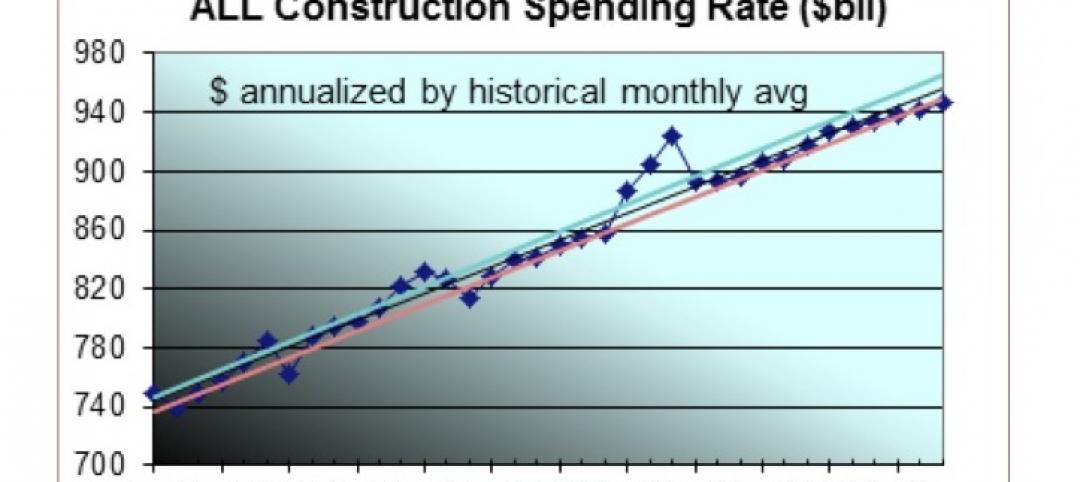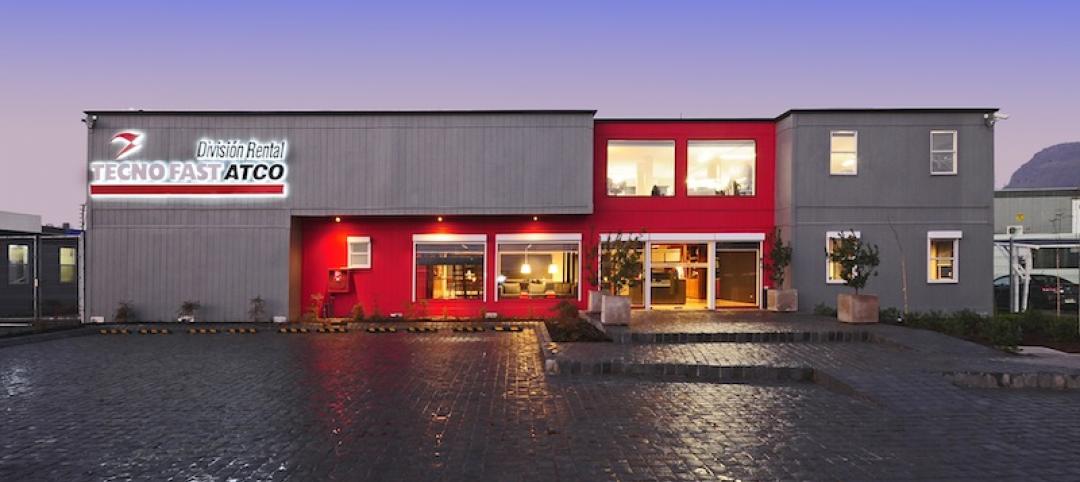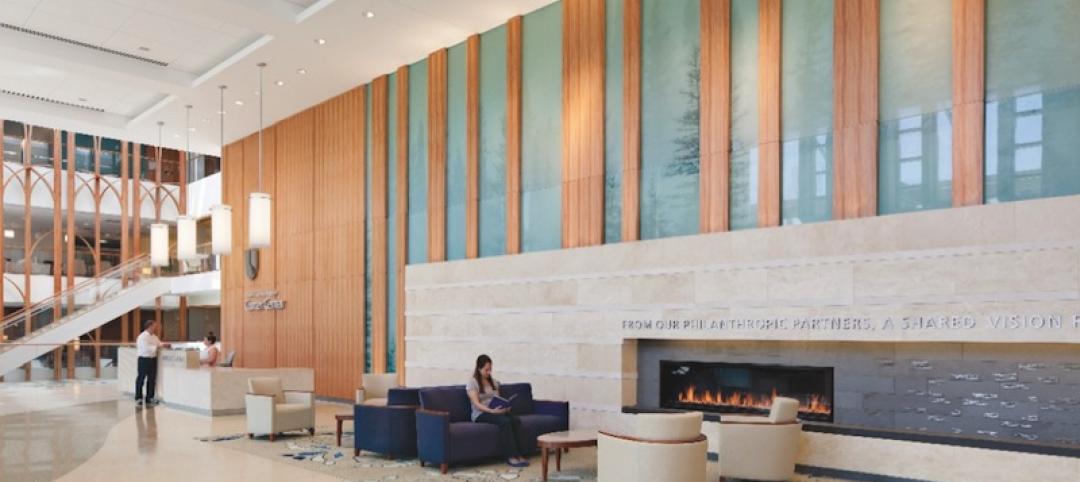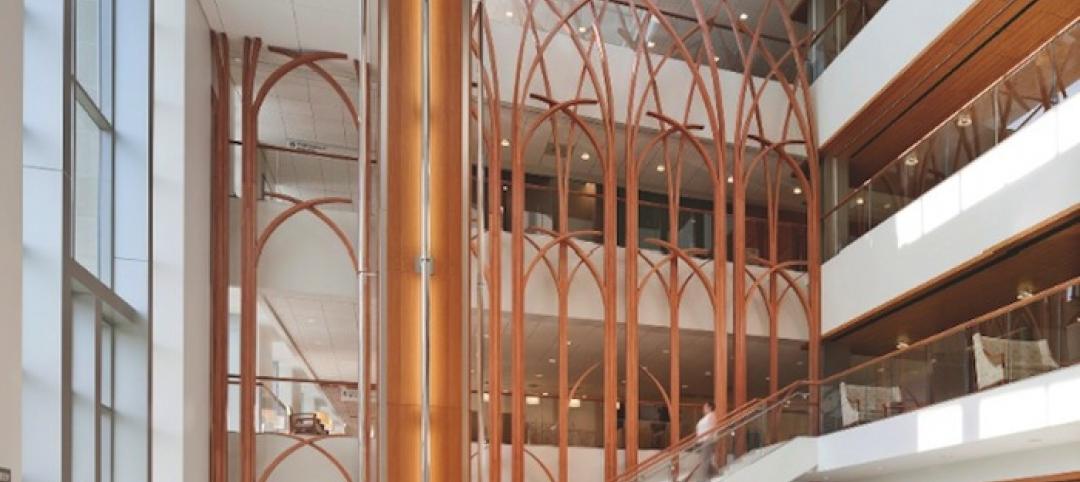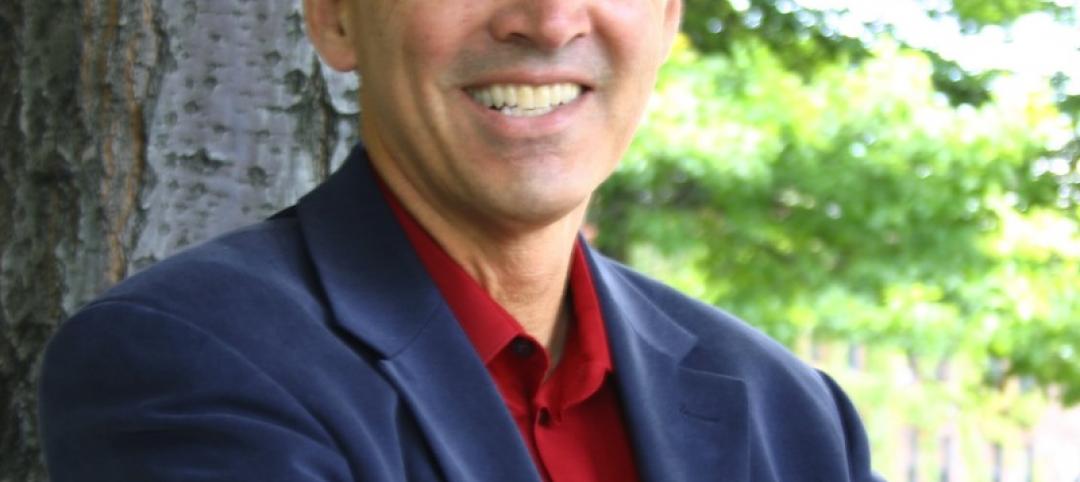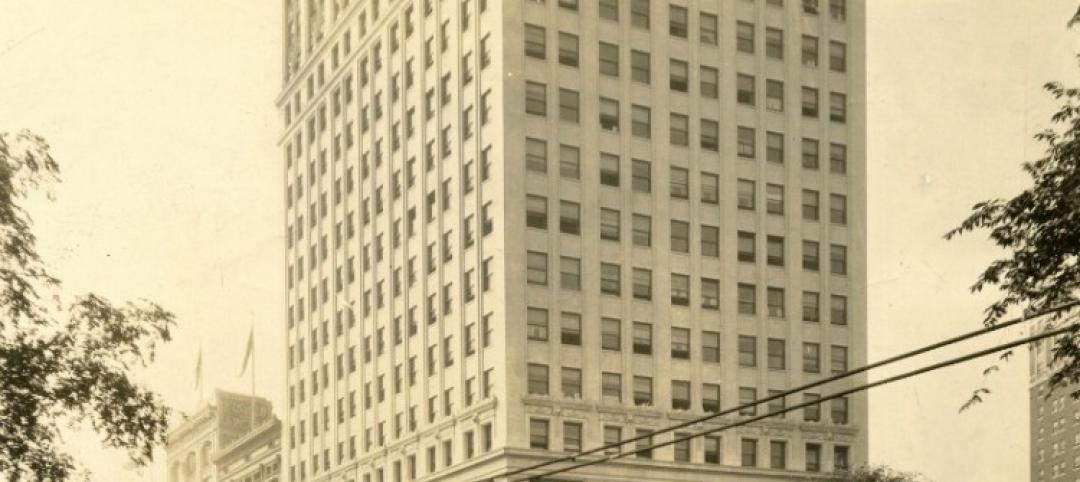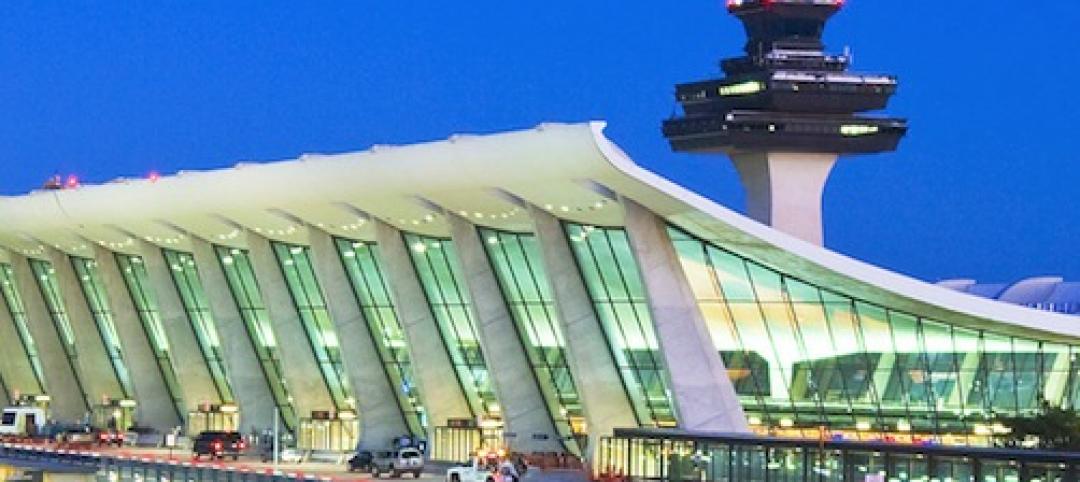AECOM and Van Alen Institute, with 100 Resilient Cities – Pioneered by The Rockefeller Foundation, recently announced four finalists for Urban SOS® 2017: hOUR City, a global student ideas competition that challenged multidisciplinary teams to connect more people in regions around the world to the opportunities found in contemporary cities.
An “hour city” radius — the distance people can travel in one hour — has historically defined the boundary of a city. However, with the forces of globalization and dramatic geographic, social and economic shifts affecting cities everywhere, the time has come to imagine new ways to connect people in suburban, rural and isolated urban communities.
The four finalist proposals and teams are:
Alternative Ways of Transportation, Bangkok, Thailand
Submitted by Wilaiwan Prathumwong, Perada Plitponkarnpim and Patcharida Sricome, all from King Mongkut's University of Technology Thonburi, the team developed a new, formalized multimodal pathway along one of Bangkok's many underutilized canals, connecting isolated residential communities to public transit.
The Healthy City, Oakland, California
Submitted by Vincent Clement Agoe, Derek Lazo, Serena Lousich, Mark Wessels and Sarah Skenazy, all from the University of California, Berkeley, the team connects communities suffering from high rates of chronic diseases (e.g., asthma, diabetes, etc.) to the physical spaces and resources of healthcare providers, using traffic calming, recreational opportunities and new transit options.
The Holding Project, Belfast, Northern Ireland
Submitted by Sean Cullen and Chris Millar from Queen’s University Belfast, the team proposes a joint-housing and economic development plan in central Belfast, tailored to young renters aged 18-35. On publicly-owned vacant sites, the team envisions new pre-fabricated micro-units that would save construction time and costs; tenants would set aside 20 percent of their monthly rent as savings.
New Suburban Living, Melbourne, Australia
Submitted by Lisa Ann Garner from Universität Der Künste and Lauren Garner from RMIT University, the team developed designs and a planning process for new types of housing in Melbourne's Middle Suburbs to address the region's housing shortage and better meet the needs of residents.
Launched in May, hOUR City invited students to tackle urgent transportation, housing or economic development challenges facing cities around the world and to create outcomes that promote equal access to opportunity. 86 teams entered, comprising nearly 300 students from 31 countries around the world and representing 114 unique academic disciplines.
"In our competitions, research and public programs, Van Alen develops solutions to create more equitable cities and communities," said Van Alen Institute Executive Director David van der Leer. "We're proud to guide tomorrow'sleaders to tackle urgent questions about suburban density, creating more affordable housing and connecting underserved communities to transit and jobs."
“We are excited to see the progress of the four finalists in the coming months,” said Michael Berkowitz, president of 100 Resilient Cities. “The work of building urban resilience often requires regional thinking — and the solutions and approaches these teams will uncover have the potential to create significant impact.”
The four finalist teams will now work with experts at AECOM, Van Alen and 100 Resilient Cities to further develop their proposals, and will present their ideas in Los Angeles before a final jury and live audience on January 23, 2018.
The 2017 challenge is the eighth in the Urban SOS® student ideas competition series founded by AECOM, a premier, fully integrated global infrastructure firm, and the third challenge hosted in collaboration with Van Alen Institute, a design nonprofit with a 120-plus-year history of organizing competitions and with 100 Resilient Cities – Pioneered by The Rockefeller Foundation.
Last year’s Urban SOS competition, Fair Share, challenged teams to combine design with the tools and technologies of the sharing economy to create more equitable access to resources, envision more sustainable built environments and enrich the lives of urban residents. The winning team, comprising students at Washington University in St. Louis, proposed reusing United States Postal Service (USPS) post offices in Los Angeles slated for closure and excess capacity within the USPS distribution network to collect, store and deliver surplus food to neighborhoods with limited food access. Team members include Irum Javed, Anu Samarajiva and Lanxi Zhang, students in public health, architecture/urban design and landscape architecture/urban design. The team is currently developing a pilot initiative to be implemented in Los Angeles later this year.
For more information about the finalists, including descriptions and images of the finalist proposals, click here.
Related Stories
| Apr 3, 2013
Construction spending up 20% since 2011, growth will continue, says Gilbane report
The monthly rate of construction spending is up 20% in 24 months and increased in 18 of the last 24 months, which is a good leading indicator for new construction work in Q3-Q4 2013, according to Gilbane's latest Market Conditions in Construction report.
| Apr 3, 2013
5 award-winning modular buildings
The Modular Building Institute recently revealed the winners of its annual Awards of Distinction contest. There were 42 winners in all across six categories. Here are five projects that caught our eye.
| Apr 2, 2013
6 lobby design tips
If you do hotels, schools, student unions, office buildings, performing arts centers, transportation facilities, or any structure with a lobby, here are six principles from healthcare lobby design that make for happier users—and more satisfied owners.
| Apr 2, 2013
4 hospital lobbies provide a healthy perspective
A carefully considered entry zone can put patients at ease while sending a powerful branding message for your healthcare client. Our experts show how to do it through four project case studies.
| Apr 2, 2013
Green building consultant explores the truth about green building performance in new book
A new book from leading sustainability, green building author and expert Jerry Yudelson challenges assumptions about the value of sustainable design and environmentally-friendly buildings.
| Mar 29, 2013
Stanford researchers develop nanophotonic panel that reflects sun's heat out of the atmosphere
Researchers at Stanford University have developed a nanophotonic material that not only reflects sunlight, but actually beams the thermal energy out of the earth's atmosphere.
| Mar 29, 2013
Detroit's historic Whitney Building to be renovated for hotel, apartments
Detroit's David Whitney Building, a 19-story landmark erected in 1915, will be renovated for an Aloft hotel and apartments.
| Mar 29, 2013
PBS broadcast to highlight '10 Buildings That Changed America'
WTTW Chicago, in partnership with the Society of Architectural Historians, has produced "10 Builidngs That Changed America," a TV show set to air May 12 on PBS.
| Mar 29, 2013
Shenzhen projects halted as Chinese officials find substandard concrete
Construction on multiple projects in Guangdong Province—including the 660-m Ping'an Finance Center—has been halted after inspectors in Shenzhen, China, have found at least 15 local plants producing concrete with unprocessed sea sand, which undermines building stabity.
| Mar 29, 2013
Pearce Brinkley Cease + Lee joins Clark Nexsen
Clark Nexsen, PC, headquartered in Norfolk, Va., has announced that the architecture firm Pearce Brinkley Cease + Lee (PBC+L) of Raleigh and Asheville, NC, has officially joined Clark Nexsen.



